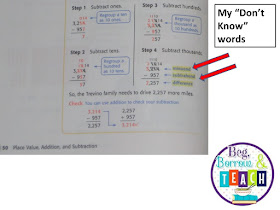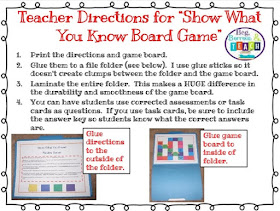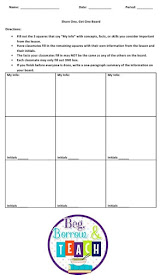Do you love the crafts, food, and reading that goes with July 4th? Here's some great suggestions for getting your holiday started early!
Patriotic Books
These book suggestions by No Time for Flash Cards are perfect for:
- Teaching the meaning of Independence Day
- Teaching the meaning of 9/11
- Learning about the 50 states
- The National Anthem
- Several of the book selections are A-Z, so it's a great opportunity to learn or review the alphabet
Patriotic Crafts
Art is a great way to sneak in education:
- Talk about mixing primary colors to make secondary colors
- If children are old enough, have them practice their scissor/cutting skills to prepare the toilet paper tubes
- Talk about recycling the toilet paper tubes by first using them as a brush and then recycling the paper after the craft is finished
This Fireworks Painting activity by Happiness is Homemade is fun for all ages.
Patriotic Food
There are several benefits to making food together:
- It helps children become more interested in trying different foods when they are part of the preparation.
- It teaches counting when you read the recipe and count out the ingredients
- Children practice colors when they identify the different colors in the ingredients
These Watermelon Blueberry Sparklers by Tastes Better From Scratch are super easy to make.









